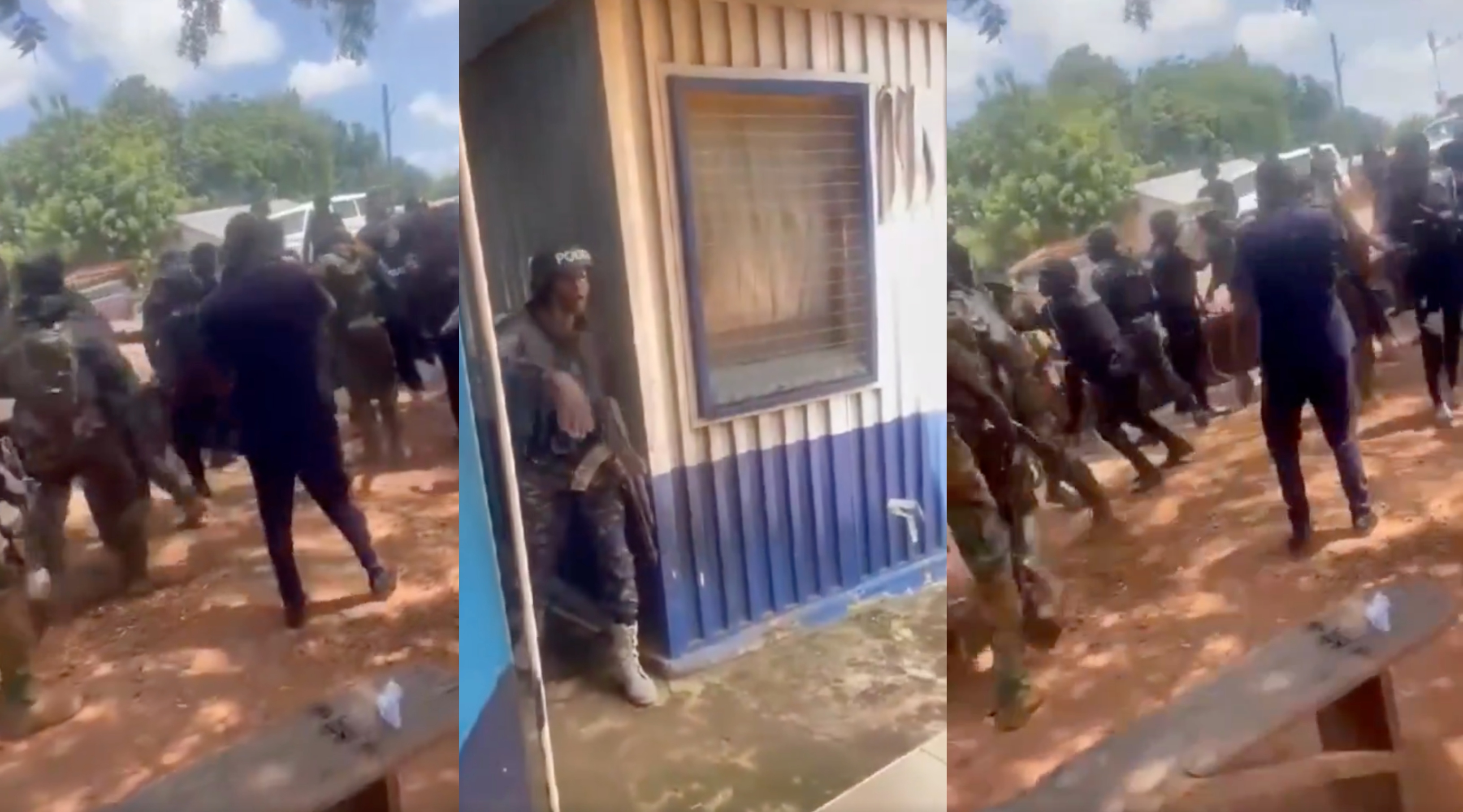
Exchange of heavy gunfire between personnel from the Ghana Police Service and Customs yesterday, Wednesday, 10 October 2024, at the Missiga Immigration Service checkpoint in Bawku has sparked debates among security analysts and concerned Ghanaians.
Viral footage circulating on social media captured the chaotic scene, showing two national security agencies engaged in a heated confrontation, firing gunshots sporadically and causing panic within the area.
In the video, some security personnel are heard shouting, “Go inside! Go inside! Come! Come! Make the fire no harm me, leave police and military!”, while others run for shelter.
According to reliable security sources, tensions escalated when police officers refused to allow Customs personnel to inspect a truck suspected of transporting smuggled bags of cocoa beans into neighbouring Togo. The disagreement quickly spiralled out of control, leading to an intense exchange of gunfire between the two state security agencies. The situation was eventually brought under control with the intervention of soldiers called in to restore order.
The viral video has sparked widespread reactions on social media, with many users expressing concerns about the role and integrity of the security services. Some have accused the agencies involved of corruption, while others have voiced alarm over the state of national security, particularly with the upcoming elections. The incident has intensified public debate around the competence and trustworthiness of the country’s security forces during this critical period.
Trucks passing through customs checkpoints are routinely subject to inspection as part of efforts to enforce national laws and prevent illegal activities, including smuggling and tax evasion. Customs officers are authorised to inspect the contents of vehicles, particularly trucks, to ensure that the goods being transported match the documentation provided and that no prohibited or restricted items are being moved.
These inspections are essential for protecting the nation’s economic and national security by deterring illicit trade and ensuring the payment of requisite tariffs and taxes. The frequency and comprehensiveness of these inspections may fluctuate based on risk evaluations, intelligence assessments, or the judgement of customs officials. This procedure is crucial for preserving the integrity of the nation’s borders, particularly in high-risk regions or during times of heightened security, such as during elections.
Read Full Story


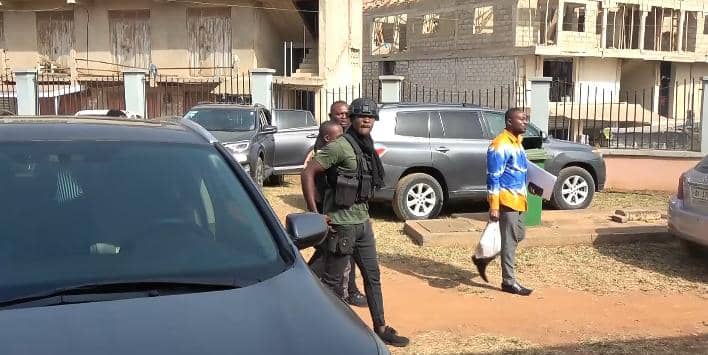



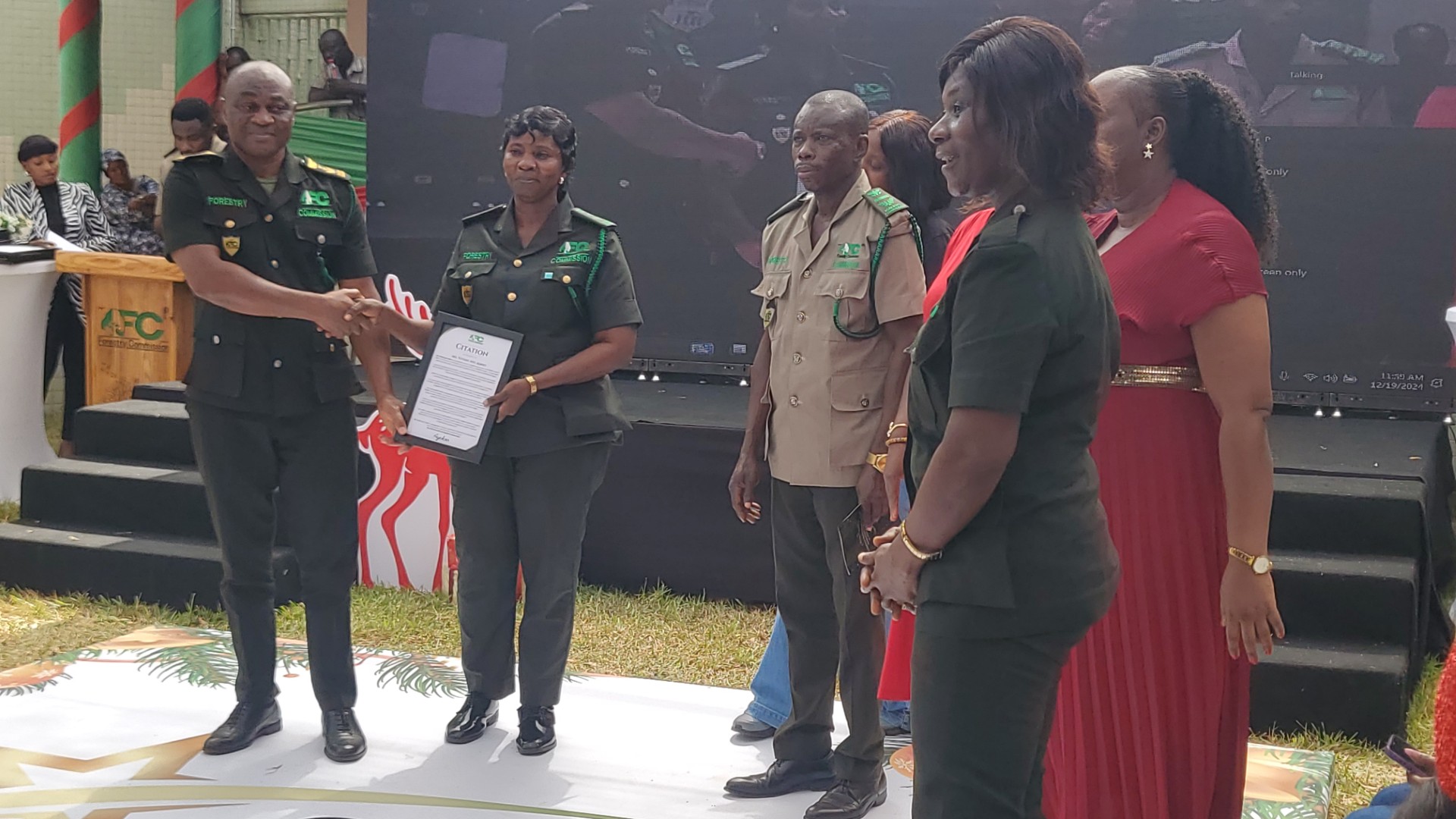
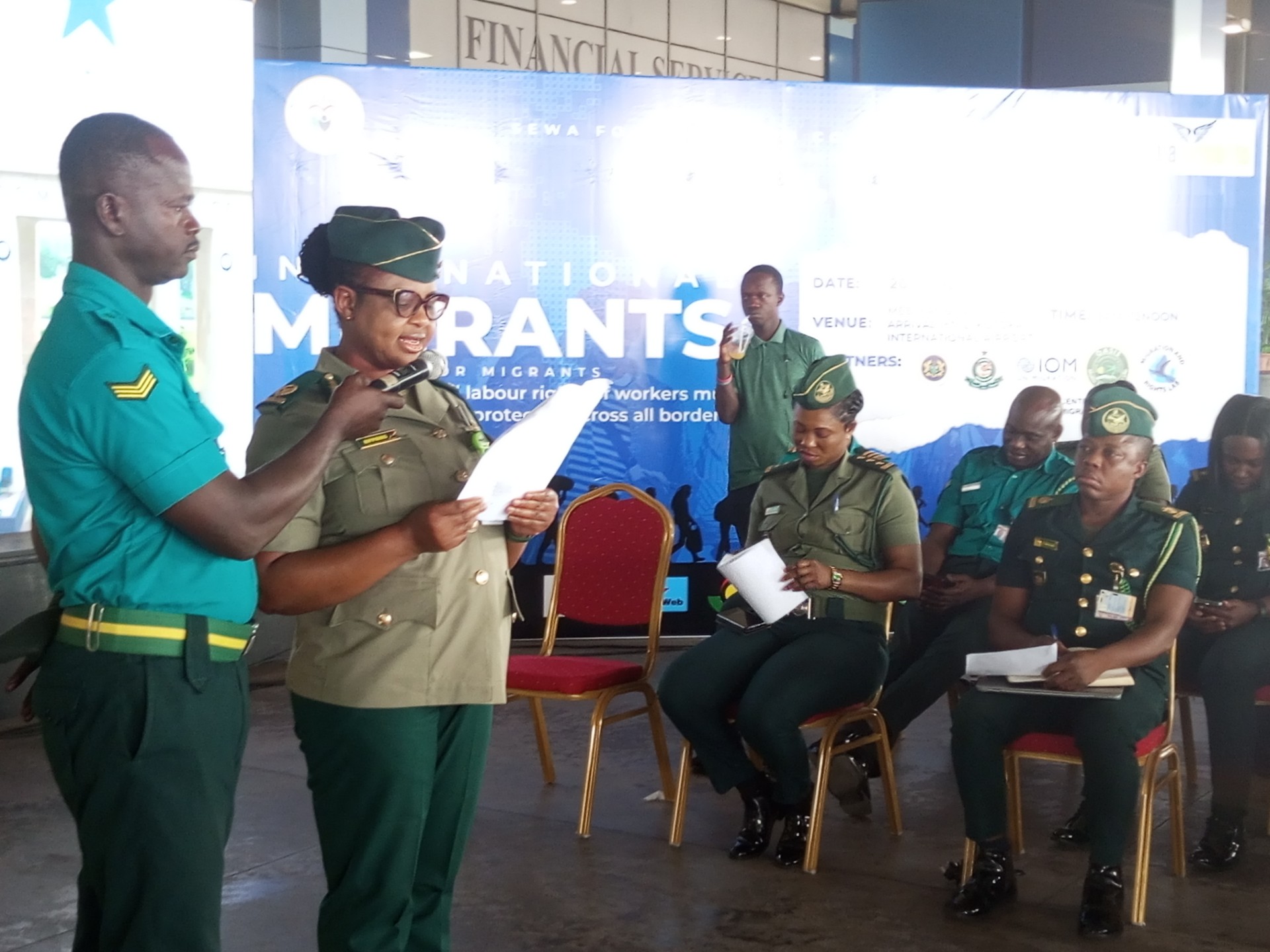

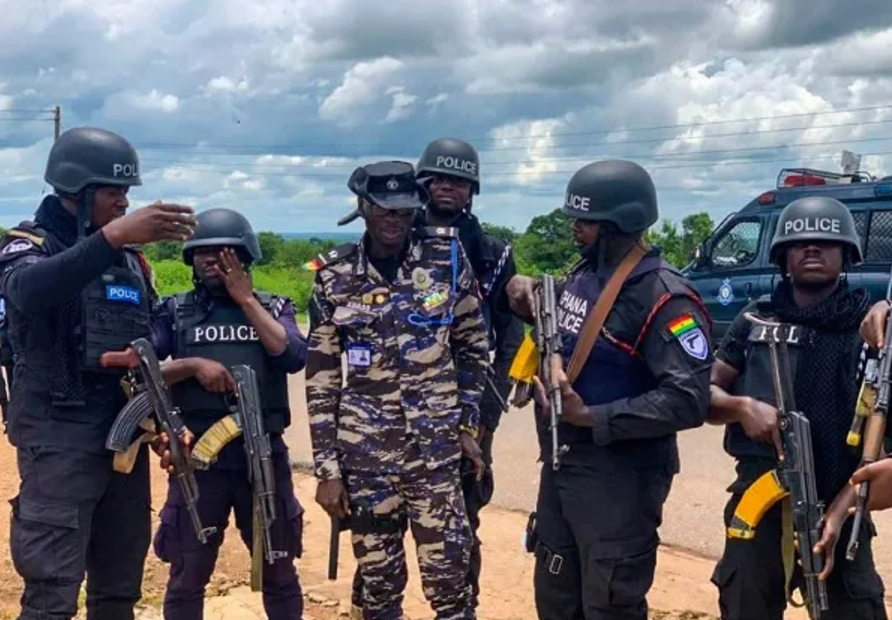





Facebook
Twitter
Pinterest
Instagram
Google+
YouTube
LinkedIn
RSS